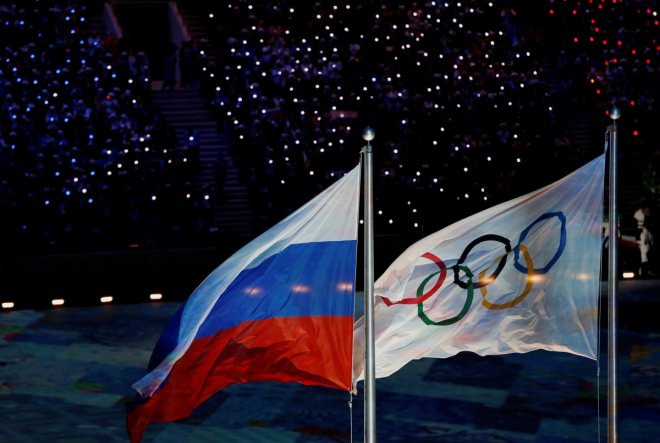
Russian sports minister Vitaly Mutko denied the use of state-sponsored doping programme after a report on Friday claimed that the government helped more than 1,000 athletes, including Olympic medallists, to conceal positive drug tests.
The report for World Anti Doping Agency (WADA) by Canadian investigator Richard McLaren revealed that at least 30 sports, including football, covered up samples by using salt and coffee from 2011 to 2015, a period which saw Russians competing in 2011 London Olympics, 2013 World Athletics Championships and 2014 Sochi Winter Olympics.
Notably, the pressure from international organisations, including the WADA, has increased on Russia after the first report, which claimed state operated doping programme. Despite a blanket ban not imposed on Russia, their weightlifting and track and field teams were banned from participating in Rio Olympics earlier this year. Also, the entire Paralympic team was stopped from participating in Rio Paralympics.
Addressing a press conference on Friday, McLaren reportedly said: "We are now able to confirm a cover-up that dates back until at least 2011 that evolved from uncontrolled chaos to an institutionalised and disciplined medal-winning conspiracy."
The second installment of the report brings to light in detail how the state-sponsored program operated to manipulate Russian samples. It added that Russia's desire to win medals superseded their morale and Olympic values, according to the BBC.
However, Mutko said it was impossible for the government to run such a programme when the international events were overseen by International Olympic Committee and the WADA. The Russian sports ministry also, in a statement, denied the role of government in doping but said it would analyse the report.
"It was was impossible to do what we are accused of in Sochi. Everything was under control of WADA and the IOC," Mukto told TASS news agency, as quoted by the Evening Standard.
"If there are facts, they will be investigated. But there should be real substantiation for allegations of conspiracy or a state doping programme."
Shortly before the report was released, pole vaulting double Olympic champion, Yelena Isinbayeva, who was also elected as the head of Russian Anti-Doping Agency, hit back at international organisations for focussing only on Russia but not on other countries, where according to her doping has been prevalent.
"It is well known to us that many foreign athletes have a history of doping but compete at an international level with no problems. If we want to clean up world sport, let's start...we don't need to concentrate on just one country," Isinbayeva was quoted as saying by the Reuters.









